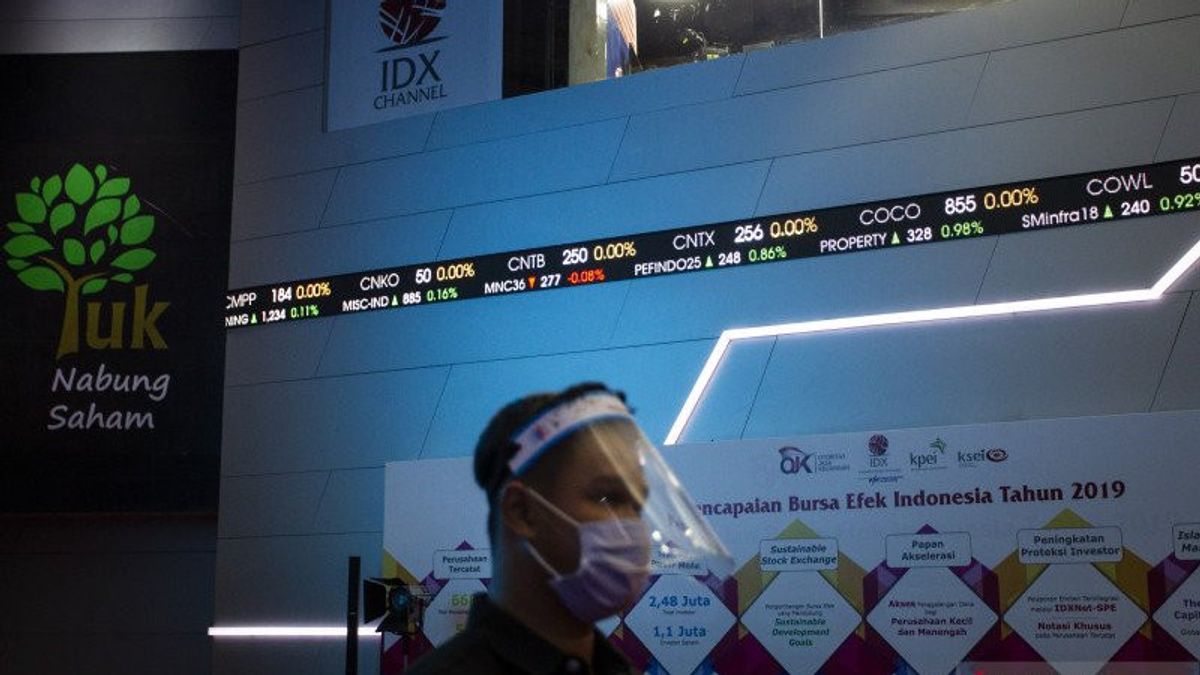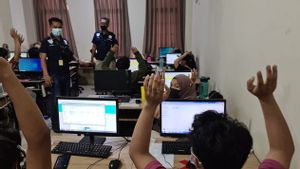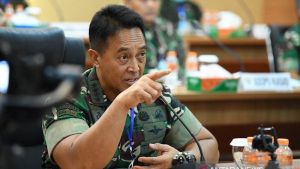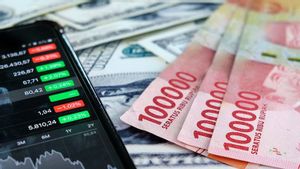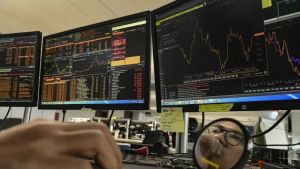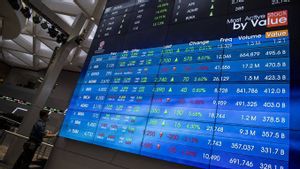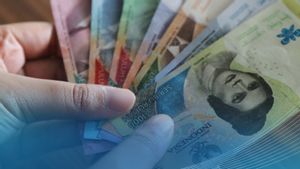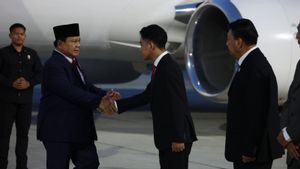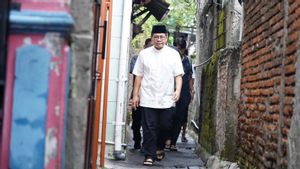JAKARTA - Director of Finance and Strategy of PT Bank Mandiri Tbk. Sigit Prastowo said that the performance of the company's shares had been overtaken by PT Bank Central Asia Tbk (BCA) in recent years.
According to him, not only the shares of Bank Mandiri but also the shares of two other state banks, namely PT Bank Rakyat Indonesia Tbk. (BRI) and PT Bank Negara Indonesia Tbk. (BNI) was also passed by BCA.
“In general, we admit that Bank Mandiri's shares from 2016 to 2020 were not very good. We are only slightly higher than BNI, but when compared to BCA and BRI, we can see that we are underperforming”, he said in a virtual discussion held by the Indonesian Banking Development Institute (LPPI), Thursday, November 4.
In his explanation, Sigit said that in the 2016 to 2018 range, BCA's stock performance tended to be below state-owned banks.
For example, in 2016 BNI received a mandate from the government as a leading bank that disbursed credit and financing for several infrastructure projects. Moreover, at that time the country was intensively building facilities and infrastructure in the country to meet the goal of becoming a developed country in 2045.
"From 2016 to mid-2018, the condition of BNI's shares was relatively good. BNI is the highest among the others. The story behind it is when President Jokowi was pushing for investment in infrastructure, and BNI got one assignment and the most benefits", he said.
Based on this situation, stock market participants then assessed that the bank with the BBNI stock code had a good projection of fund collection.
"By the BNI market, it is considered that there are good expectations related to its performance and profitability", he added.
Meanwhile, Bank Mandiri, which is also working in the corporate sector, is less able to take advantage of the momentum because it is still struggling with improving internal financial performance.
“Bank Mandiri also has more or less the same role as BNI, but we have to admit that in this time frame we still have to resolve NPL (non-performing loan/non-performing loan ratio) issues because there are several segments in the commercial sector that are experiencing an increase. Therefore, Bank Mandiri cannot enjoy what BNI experienced when there was growth in investment in infrastructure", he explained.
The situation then changed into the second half of 2018. BCA as the largest private bank in the country overtook the three state banks. Sigit said that loans disbursed by state banks to infrastructure projects had an impact on tight liquidity.
SEE ALSO:
This is indicated by the LDR ratio (loan to deposit ratio) which exceeds the threshold stipulated by Bank Indonesia (BI) by 92 percent. To note, the LDR ratio is a comparison instrument between the total funds that the bank has collected (savings, time deposits, demand deposits) and the number of loans disbursed.
“Banking LDRs all rose to around 95 percent. Banks such as Mandiri and BNI have LDR between 95 percent and 98 percent. At that time, many banks had liquidity difficulties to grow due to limited funding (the ability to collect funds). While BCA is not like that, it has very good liquidity. Its LDR is in the range of 80 percent, so it is priced higher by the market. Here, BCA immediately left the Himbara (State Bank Association) banks, he jumped much higher”, said Sigit.
From mid-2018 until now, the performance of the private bank owned by the Hartono Brothers conglomerate has still outperformed the three state-owned banks.
"In the span of 2020 until now, I think we all know that the COVID-19 pandemic has occurred, everything has fallen. But the pattern of development still follows the pattern in previous years", he said.
For information, as of November 2, 2021, BCA's market capitalization (market cap) was recorded at IDR 899.9 trillion with a share price of around IDR 7,300 per share.
This figure is much higher than BRI which has a market cap of IDR 636 trillion and a share price of IDR 4,210. Likewise, Bank Mandiri with a market cap of IDR 327.8 trillion and a share price of IDR 7,025 trillion.
The English, Chinese, Japanese, Arabic, and French versions are automatically generated by the AI. So there may still be inaccuracies in translating, please always see Indonesian as our main language. (system supported by DigitalSiber.id)
